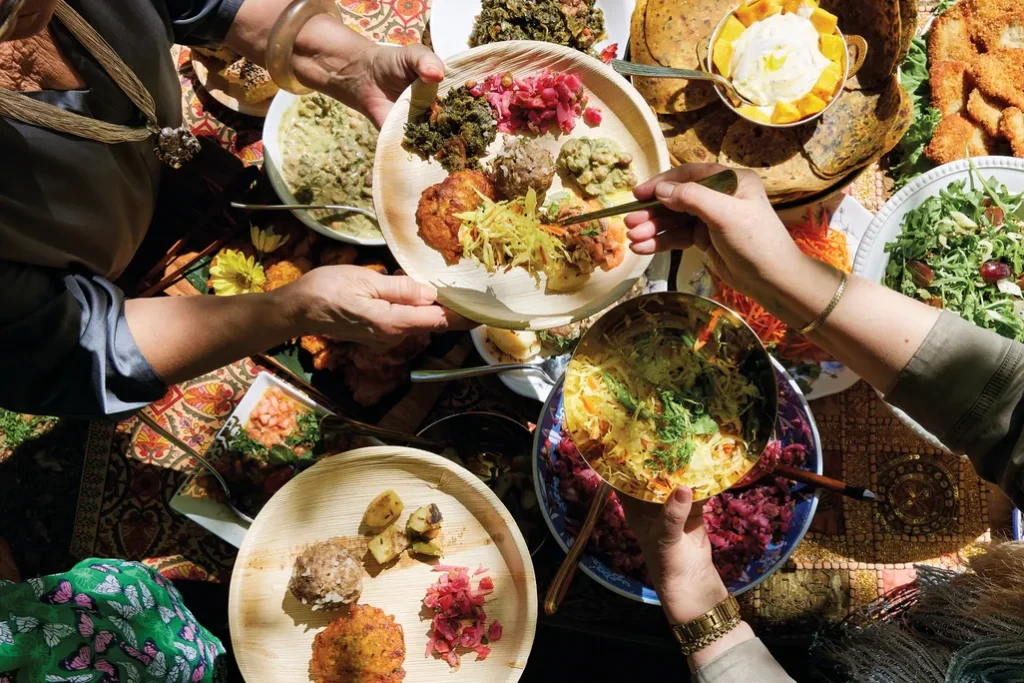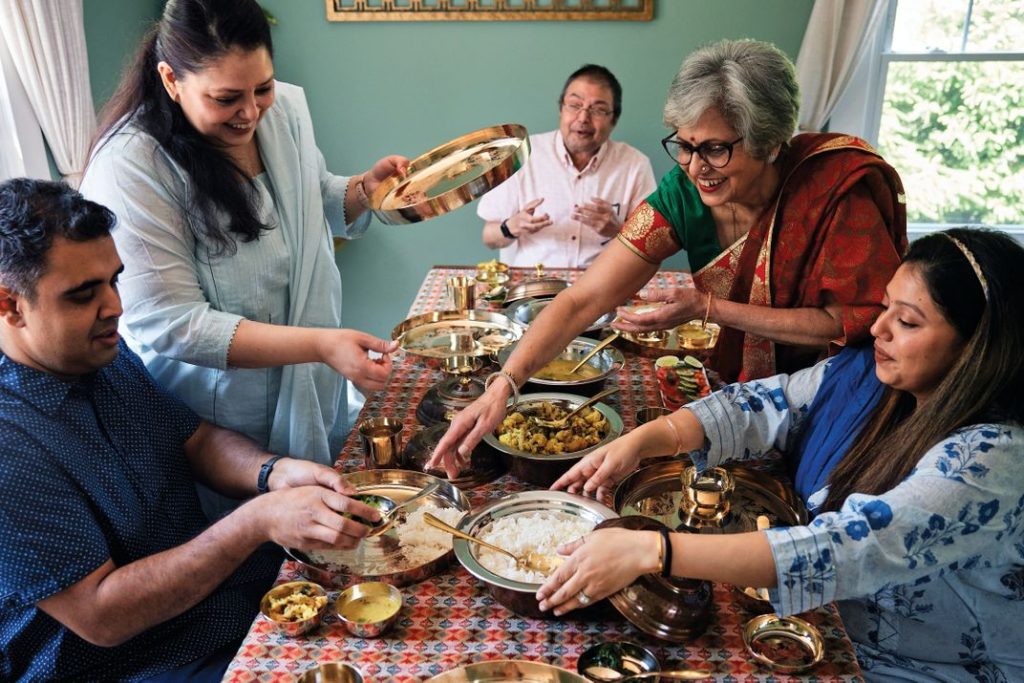Food is more than sustenance – it is a universal language that transcends borders, languages, and traditions. Across cultures, sharing a meal builds relationships, preserves heritage, and creates memories. Understanding how food connects people helps us appreciate its cultural and social significance.

1. A Universal Language
Regardless of where you are in the world, food is a common denominator. A dish can spark conversation, bridge cultural gaps, and foster understanding. Whether it’s a simple street snack or a festive banquet, sharing food creates connection.
2. Cultural Exchange Through Cuisine
Travelers and immigrants bring their culinary traditions with them, introducing new flavors to local communities. Sushi in New York, tacos in Tokyo, and curry in London show how food encourages cultural exchange and mutual appreciation.

3. Celebrations and Rituals
Many cultural celebrations revolve around food. From Thanksgiving in the United States to Diwali sweets in India, and from Ramadan iftar meals to Chinese New Year feasts, food marks milestones, festivals, and life events.
4. Family and Community Bonds
Preparing and sharing meals strengthens family and community ties. Recipes passed down through generations carry stories, memories, and traditions. Cooking together fosters cooperation, communication, and joy.
5. Street Food as Cultural Connection
Street food often reflects local culture and everyday life. Trying street food while traveling allows you to connect with locals, understand daily customs, and experience a culture through its flavors.
Final Thoughts

Food has the power to unite, celebrate, and communicate across cultures. By exploring cuisines, sharing meals, and embracing diverse flavors, we not only satisfy our taste buds but also build meaningful connections and foster understanding across the globe.
